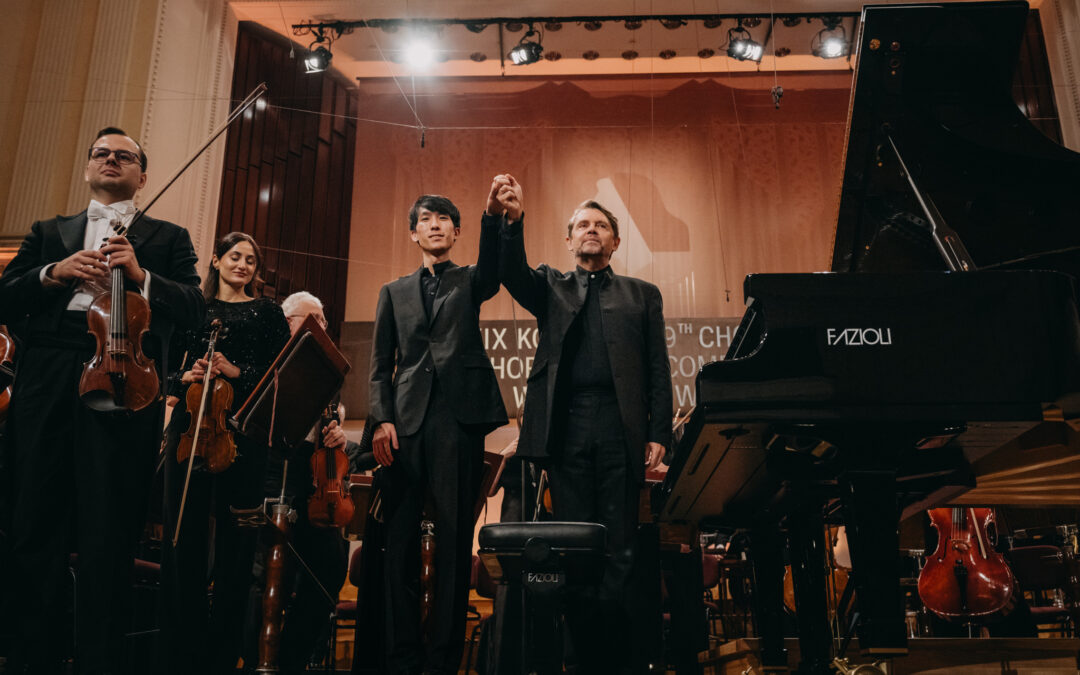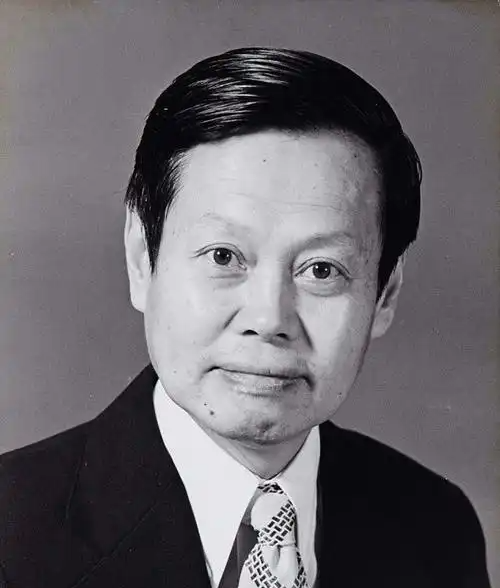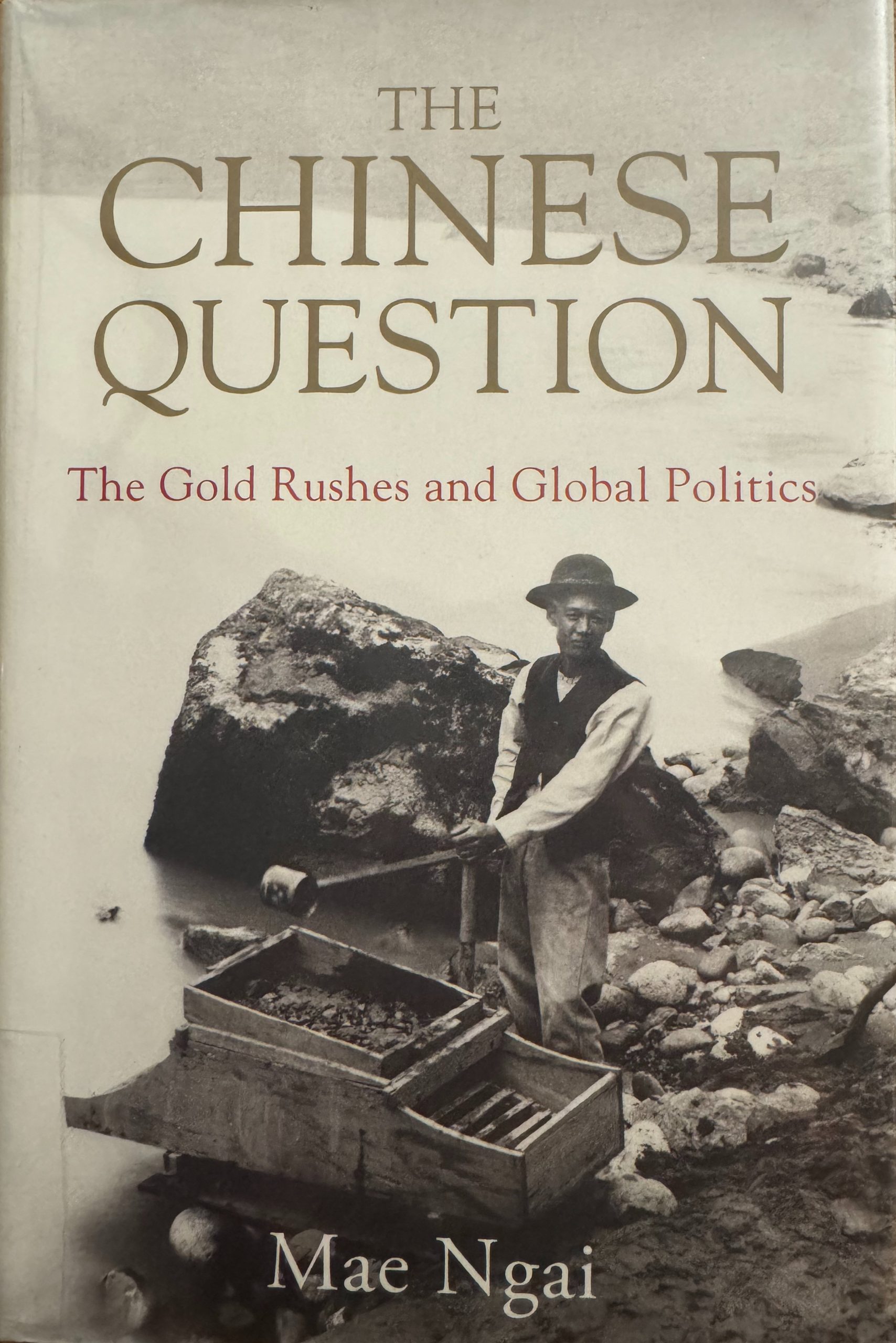The 19th International Fryderyk Chopin Piano Competition concluded on October 23, at the National Philharmonic Hall in Warsaw, Poland. The competition ran from October 2 to 23, consisting of preliminary rounds, semi-finals, and the final. After three weeks of rigorous rounds, American pianist Eric Lu was awarded the first prize, Canadian-Chinese pianist Kevin Chen won the second prize, and Chinese pianist Zitong Wang received the third prize. A total of approximately 642 pianists registered for the competition, with 11 finalists ultimately performing in the final round.
Eric Lu was born in 1997 in Massachusetts, USA. His father is from Kaohsiung, Taiwan, and his mother is from Shanghai, China. He began studying piano at the age of six and later attended the Curtis Institute of Music in the United States, studying under Jonathan Biss and Robert McDonald. In 2015, he participated in the 17th International Fryderyk Chopin Piano Competition and was awarded fourth place. In 2018, he won the Leeds International Piano Competition in the United Kingdom. Following his first-prize win in 2025, he received the official gold medal and prize money, and he will participate in international concert tours and recording projects arranged by the competition organizers.
Kevin Chen was born in 2005 in Calgary, Canada. He began piano studies at the age of five and won his first prize in a Canadian music competition at the age of eight. Since October 2023, he has been studying at the Hochschule für Musik, Theater und Medien Hannover (Hanover University of Music, Drama and Media) in Germany under Professor Arie Vardi. He was awarded second prize in the 19th Chopin Competition and will take part in international tours organized by the competition.
Zitong Wang was born in 1999 in Inner Mongolia, China. She began piano studies at the age of three and studied at the Central Conservatory of Music Affiliated Middle School in Beijing. In 2012, she entered the Curtis Institute of Music in the United States, studying under Meng-Chieh Liu and Eleanor Sokoloff, and continued further studies in the United States with Dang Thai Son. In the 2025 competition, she was awarded third prize and also received the Krystian Zimerman Special Prize for the “Best Performance of a Sonata.”
The jury for the competition consisted of 17 international members, chaired by Garrick Ohlsson, the 1970 Chopin Competition winner. The competition consisted of three solo rounds and a final round, which required finalists to perform a Chopin piano concerto and designated solo works, assessing technical proficiency, musicality, and understanding of the repertoire. The results were determined based on scoring and consensus of the jury and were officially announced by the competition organizers.
The prize distribution for this edition was as follows: first prize received €60,000 and a gold medal; second prize received €30,000; and third prize received €20,000. Winners are also scheduled to participate in official Chopin concerts and international tours, some of which will be broadcast internationally and online.
In addition to the main prizes, special awards were presented, including the “Best Performance of a Sonata” and “Best Performance of a Polonaise.” Zitong Wang received the “Best Performance of a Sonata” award.
The Chopin Competition, founded in 1927 and held every five years, continues to attract young pianists worldwide. This edition’s participants were mainly aged 18 to 30, reflecting the active involvement of young pianists on the international stage.
After the competition, recordings of performances will be archived for research and official use, and the prize winners will have opportunities for recordings, international tours, and cultural promotion activities. The results of this edition also document the significant presence of young pianists of Chinese heritage on the international classical piano stage and provide updated reference material for future academic study and music education.


